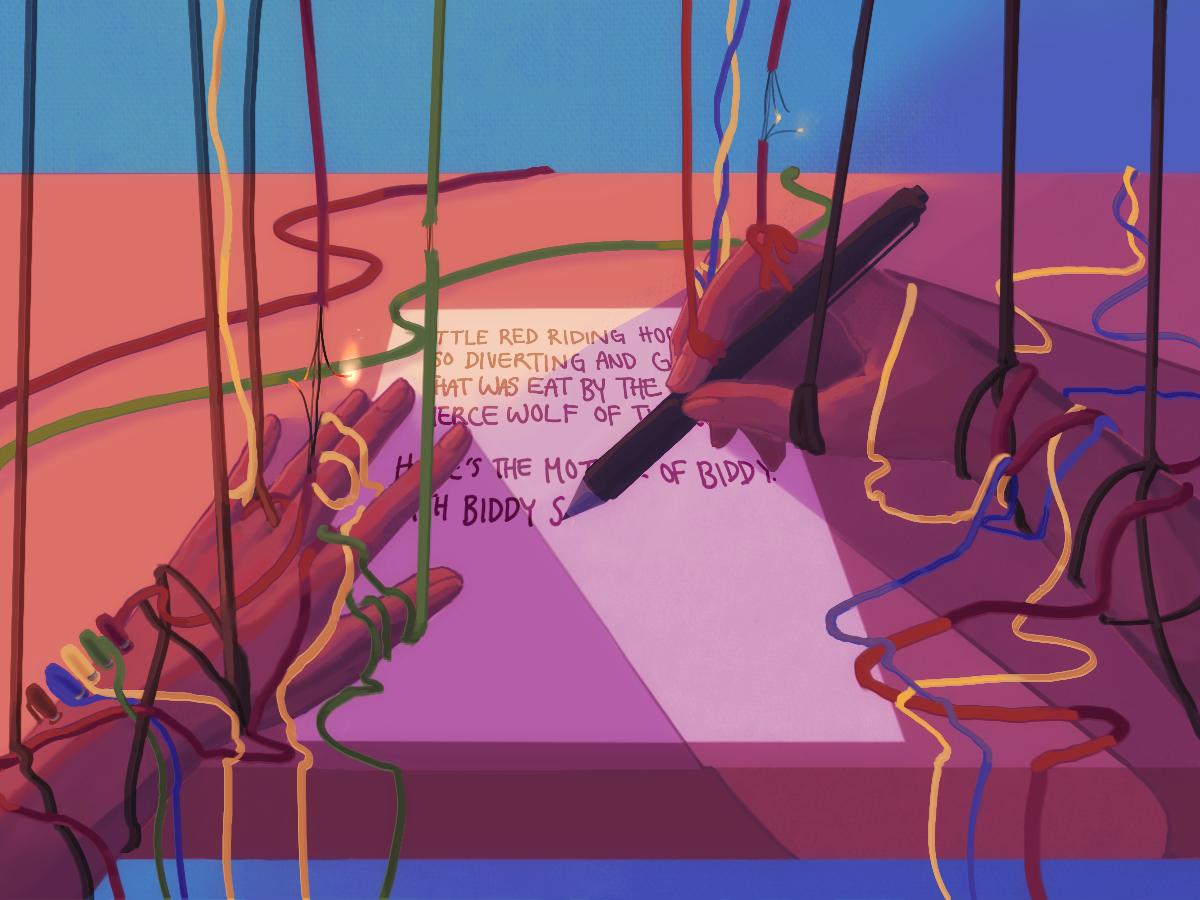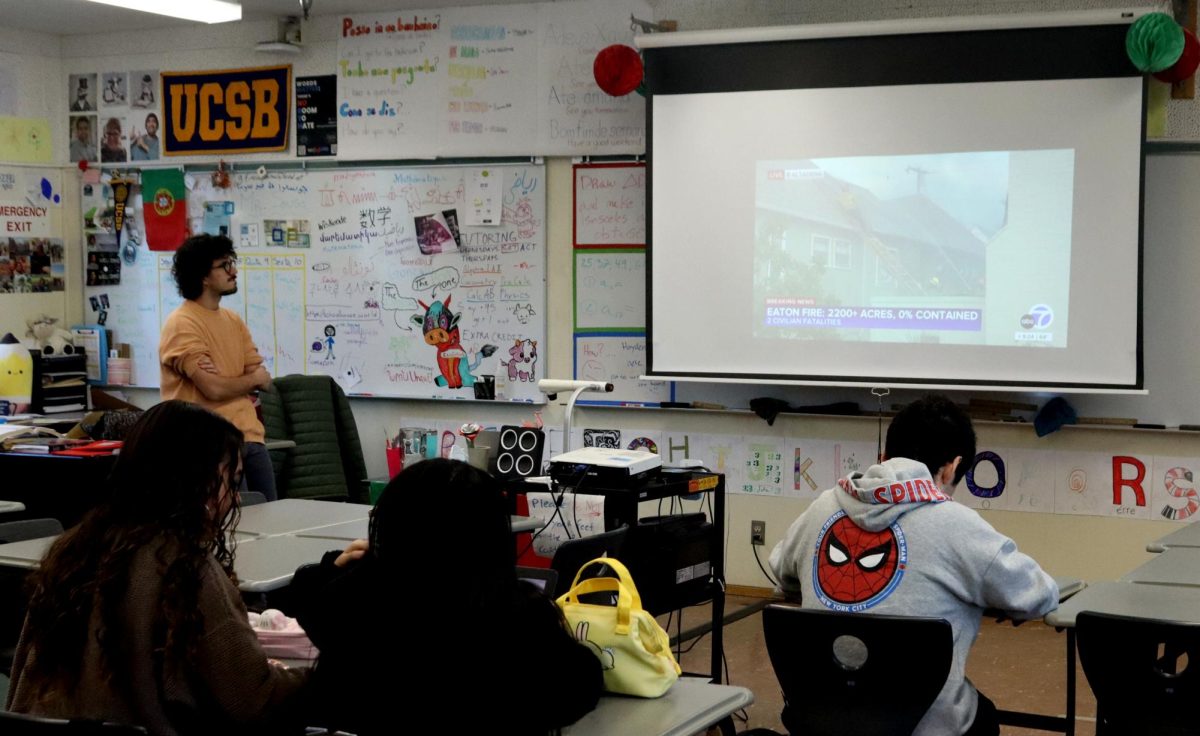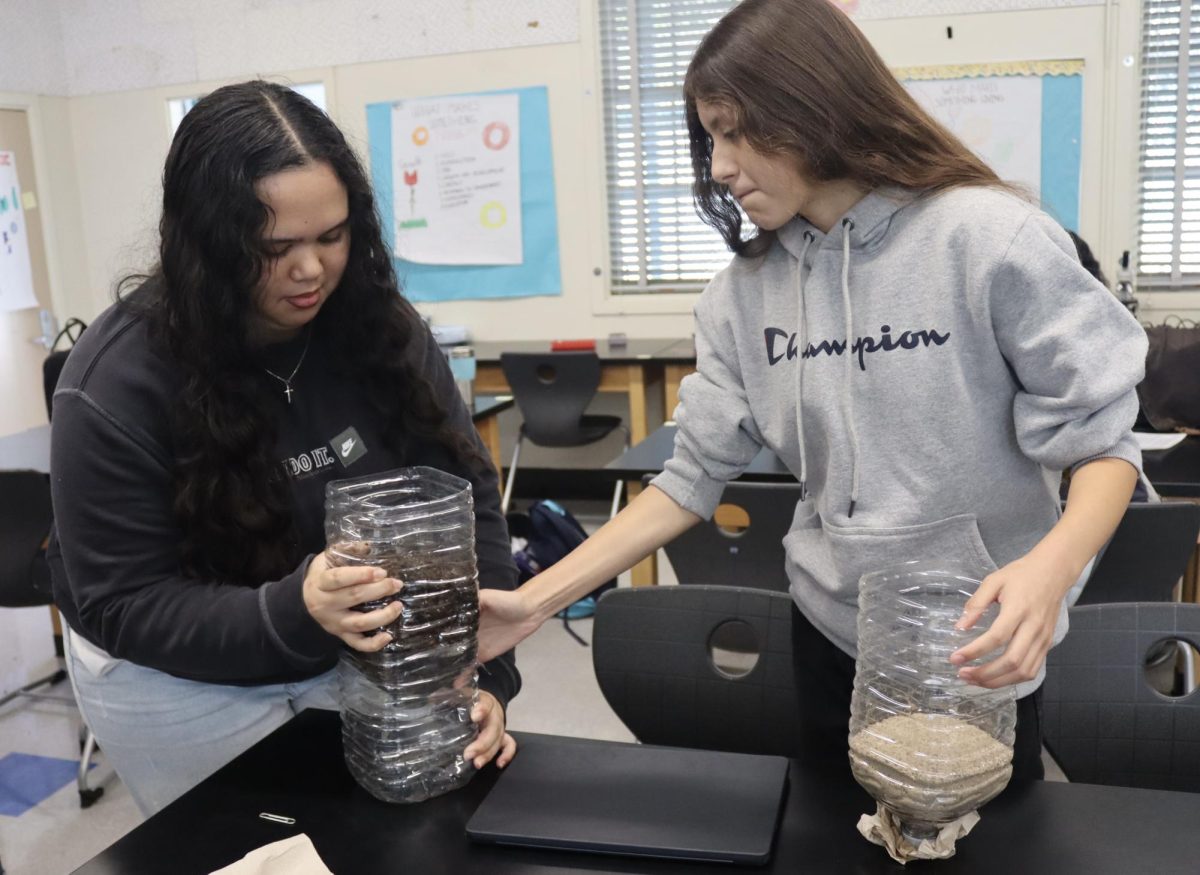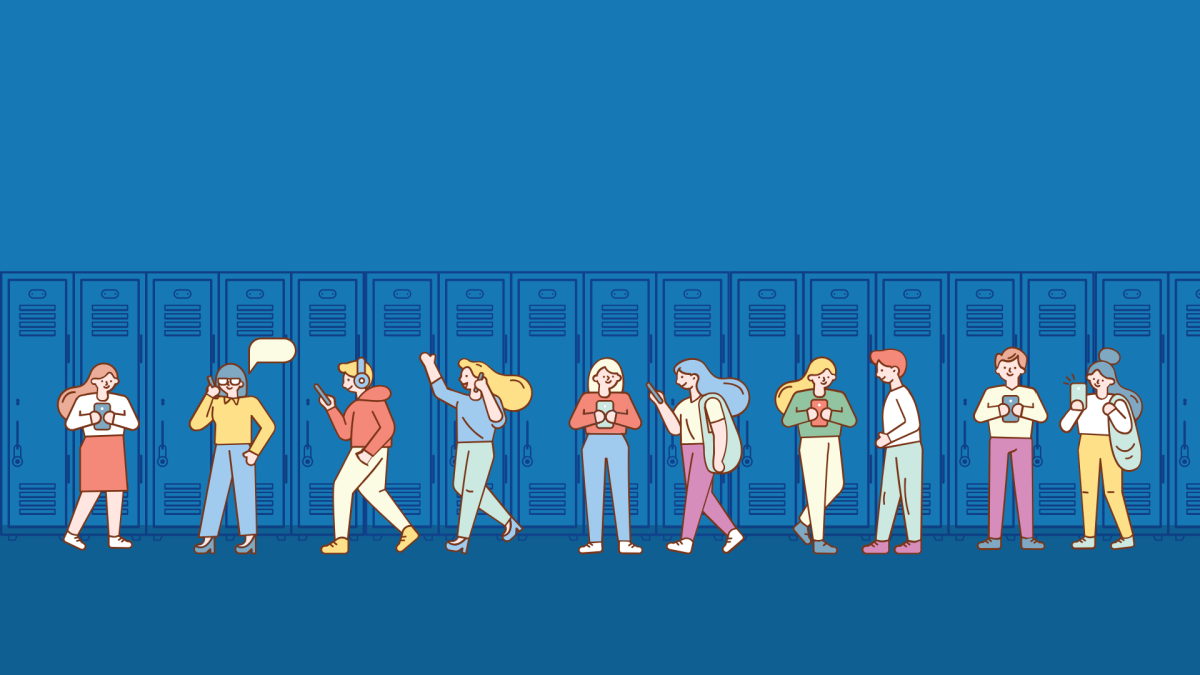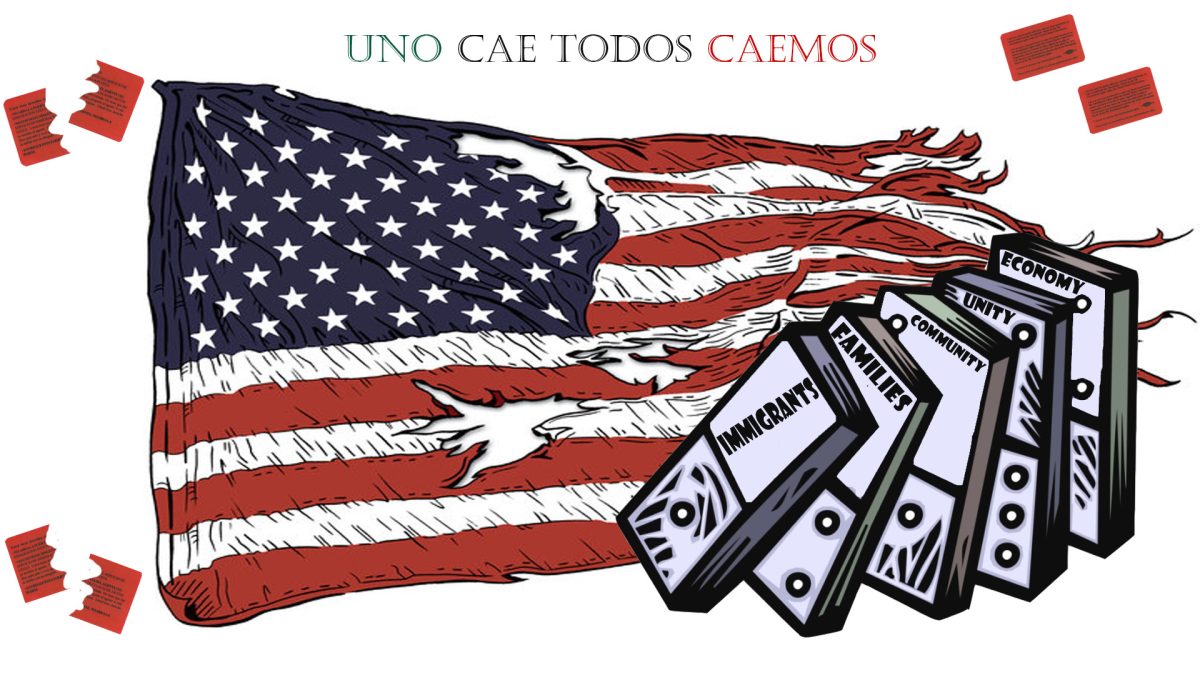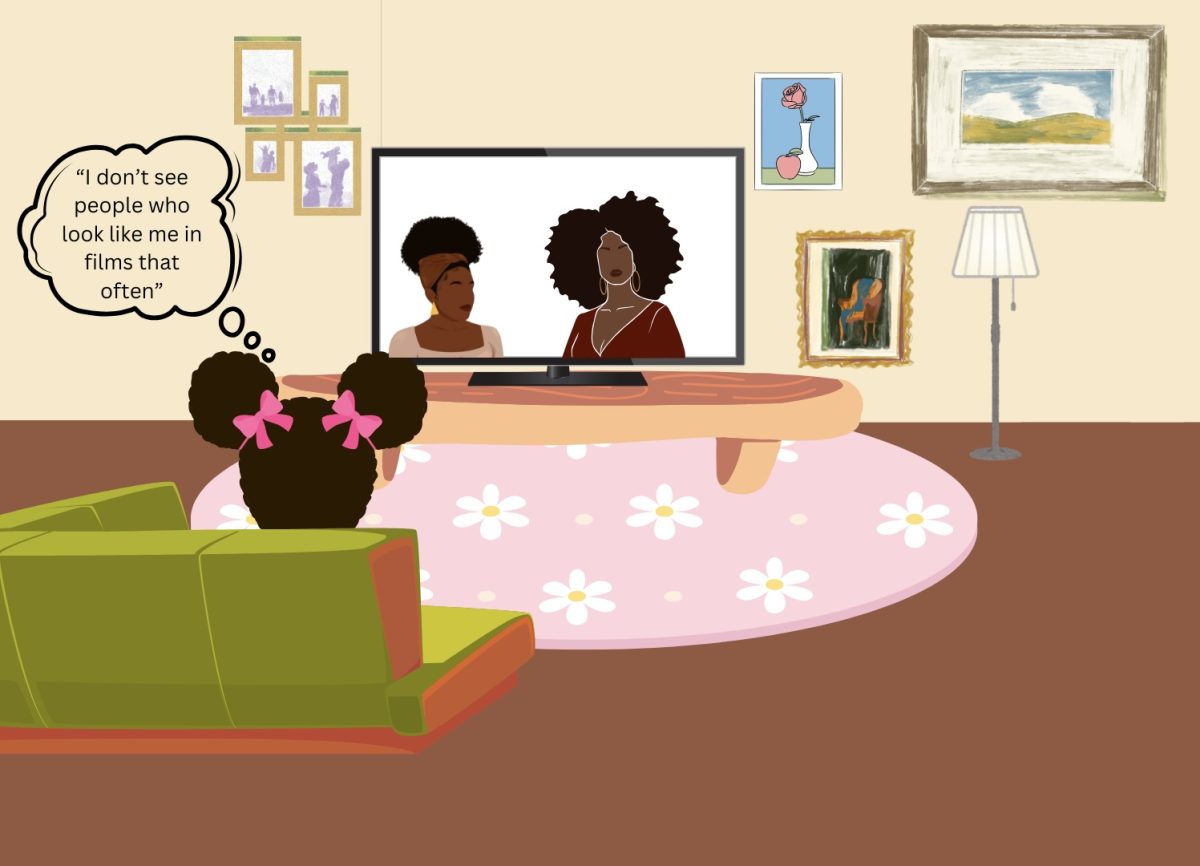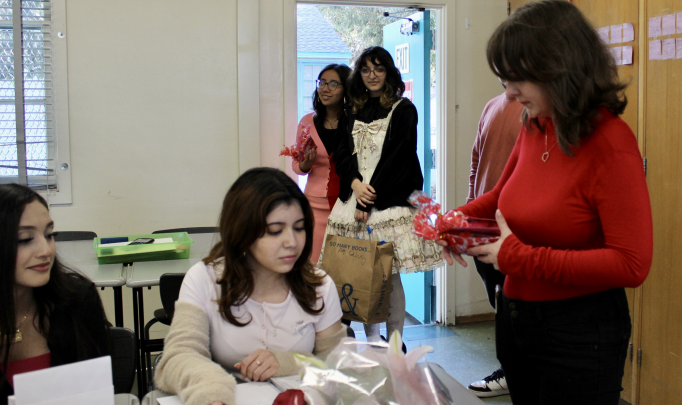The sizable growth of artificial intelligence (AI) has overshadowed writing as a gateway to the art of self-expression. AI not only waters down the integrity of academia and quality in screenwriting while endangering the future of journalism, but it also degrades the value of creativity.
All aspects of individually-made writing to express emotion, empower voices or transform a movement have been reduced with the ability to use AI chatbots to churn out paragraphs of an essay, removing personality. It’s ridiculous to see methods of the human thought process be replaced with a source code.
With the sudden increase in AI chats such as ChatGPT, a comprehensive language program utilizing chatbots developed by OpenAI, writing has become much less authentic than it used to be before. The creativity and thought process behind writing papers has been taken away with a quick click of a button. This concept of writing has now become artificial without real effort or analysis from individuals, becoming seen as another assignment to complete quickly.
Many teachers try to combat the use of AI in writing by using “AI detectors,” which have been proven ineffective. With the ongoing progression of AI comes the debate of whether or not we will ever find real authenticity in the quality of writing.
Attacks on academic honesty —through the lack of authenticity and quality in writing— are similar to employment threats for journalists and screenwriters, signaling pushback to AI as its presence shadows over the entertainment industry. This year, from May 2 to Sept. 27, the Writer’s Guild of America striked to raise awareness about the use of Al in the entertainment industry, among other reasons. They see the programs as a cost-effective usage for entertainment than the quality of programs. The comparison of writing through the hands of careful contemplation and brainstorming to the cheap, dull code of AI displays how depreciated a writer’s role has become.
The rise of AI labels writers as disposable in the speed of creating content. This poses a problem, as generative software can catch mistakes that a human might find difficult to notice. This issues a pivotal advantage that AI utilizes to withstand human error in penmanship and enable many to rely on.
The ability to check grammar, punctuation and spelling through popular sites such as Hemingway Editor and Grammarly shows that AI can do more than overshadow creativity in our everyday lives. These programs allow us to write more diligently and fix grammar mistakes, yet this should be the only case of usage. This practical tool fails to replicate or display the complexity of human creativity and emotion in writing that enables self-expression.
This same rule of AI is more of a tool to help guide rather than replace us. A prime example is the usage of Otter.ai in our publication. This application is used to ensure accuracy in interviews and provide transcripts, making the process of journalism more effective. This shows that AI could still be considered helpful without the removal of authenticity or fringing upon the “human touch” that is lacking in AI-generated writing.
However, the tool of AI, through careful usage, should not overtake the complexity of human brainstorming and composition. The ability to oversee the array of gathering ideas, information, formatting, editing and collaboration through traditional human handwriting is what idealizes the creativity of what the intellect of the mind possesses. Artificial intelligence is seen as something worthy of relying on as technology expands but must be seen as assistance rather than a replacement for the living, breathing individuals within writing rooms.
We cannot halt the progression of artificial intelligence in everyday life, but we can demonstrate that it can never take away the variety of human creativity and emotion.


